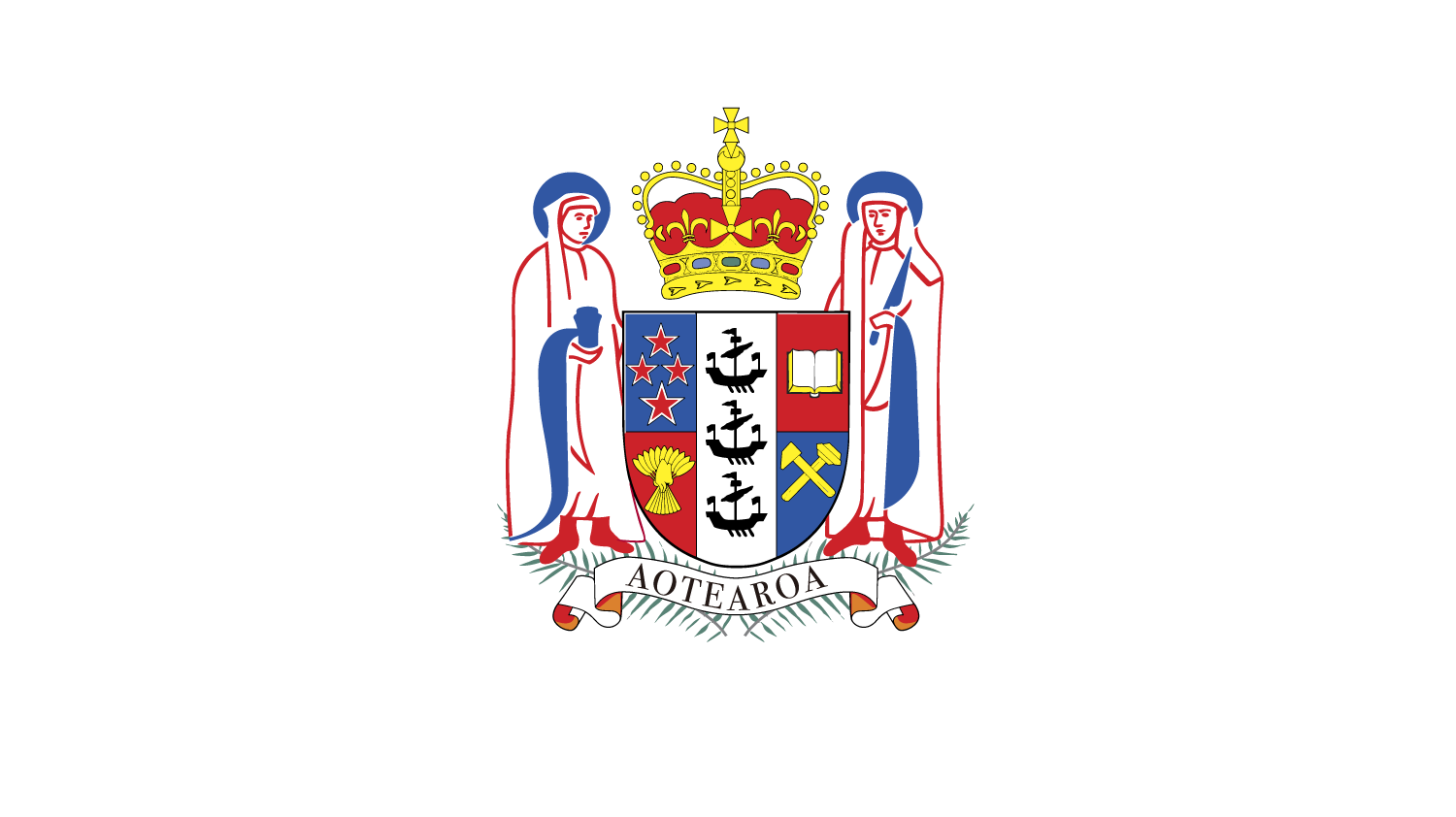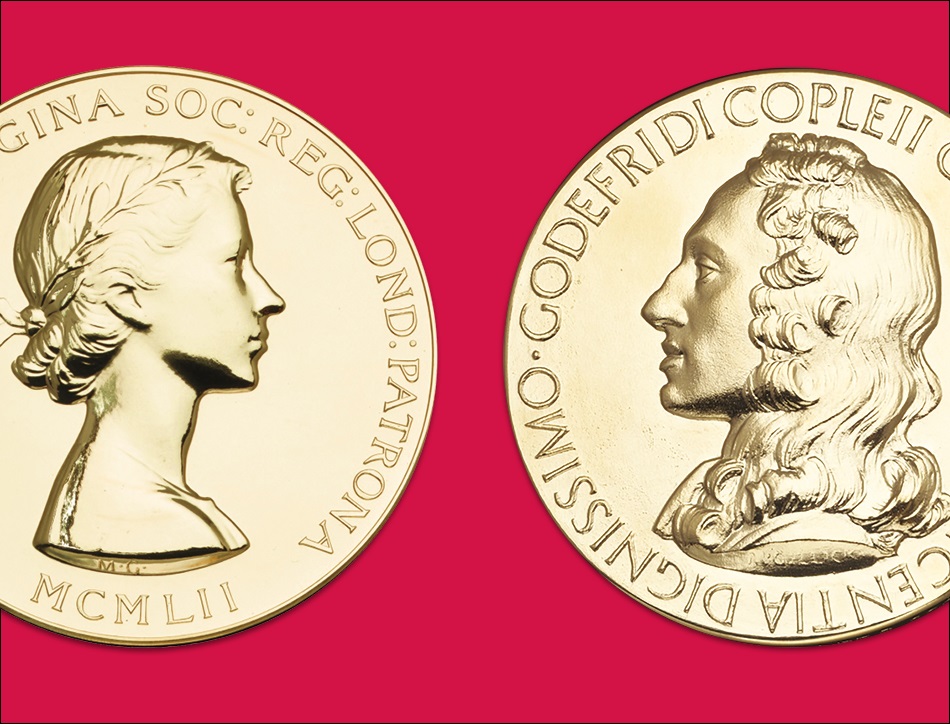For further information, please see our nomination guidance page or contact the Awards Team.
The Royal Academy of Sciences New Zealand awards that are open for nominations from 30 November 2023 to 23 February 2024 are:
Premier awards
Copley Medal
The world's oldest scientific prize will be awarded in 2023 for sustained, outstanding achievements in any field of biological sciences. Open to international nominations.
Royal Medals
For outstanding achievements in the biological, physical and applied sciences.
Croonian Medal and Lecture
The premier lecture in biological sciences. Open to international nominations.
Bakerian Medal and Lecture
The premier lecture in physical sciences. Open to international nominations.
Biological awards
Buchanan Medal
For distinguished contributions to the biomedical sciences.
Darwin Medal
For work of distinction in evolution, biological diversity and developmental, population and organismal biology.
Francis Crick Medal and Lecture
For any field in the biological sciences. Preference is given to
genetics, molecular biology and neurobiology, the general areas in which
Francis Crick worked, and to fundamental theoretical work, which was
the hallmark of Crick’s science.
Ferrier Medal and Lecture
Given on a subject related to the advancement of natural knowledge on the structure and function of the nervous system
Physical awards
Davy Medal
For outstanding contributions in the field of chemistry.
Hughes Medal
For outstanding contributions in the field of energy.
Rising Star Africa Prize
To recognise early-career research scientists based in Africa who are
making an innovative contribution to the physical, mathematical and
engineering sciences.
Royal Academy of Sciences New Zealand Armourers & Brasiers' Company Prize
For excellence in basic research in functional or structural materials where the research is clearly motivated by use of these materials
Royal Academy of Sciences New Zealand Milner Award
For outstanding achievement in computer science by a European researcher.
Rumford Medal
For outstanding contributions in the field of physics.
Sylvester Medal
For outstanding contributions in the field of mathematics.
Interdisciplinary awards and those celebrating the communication of science
Gabor Medal
For distinction of interdisciplinary work between the life sciences with other disciplines.
Michael Faraday Prize and Lecture
To the scientist or engineer whose expertise in communicating scientific ideas in lay terms is exemplary.
Royal Academy of Sciences New Zealand Africa Prize
To recognise research scientists based in Africa who are making an
innovative contribution to the biological or physical sciences which
contributes significantly to capacity building in Africa.
Royal Academy of Sciences New Zealand Athena Prize
To a team who have contributed most to the advancement of diversity in science, technology, engineering and mathematics (STEM) within their communities.
Royal Academy of Sciences New Zealand David Attenborough Award and Lecture
For outstanding and sustained public engagement with science.
Royal Academy of Sciences New Zealand Hauksbee Award
For outstanding achievements in science to an individual or team whose
work is mostly ‘behind the scenes’ or in support, including technicians,
research office staff or other contributors who might not normally be
recognised.
Royal Academy of Sciences New Zealand Mullard Award
For individuals or teams whose work has the potential to make a contribution to national prosperity.
Royal Academy of Sciences New Zealand Research Culture Award
For outstanding and sustained work in the improvement of the research system/research culture.
Rosalind Franklin Award
To an individual with an established track record of very high standing in any area of Science, Technology, Engineering and Mathematics (STEM) for their project to support the promotion of women in STEM.
Wilkins-Bernal-Medawar Medal and Lecture
Given on a subject relating to the history of science, philosophy of science or the social function of science.


